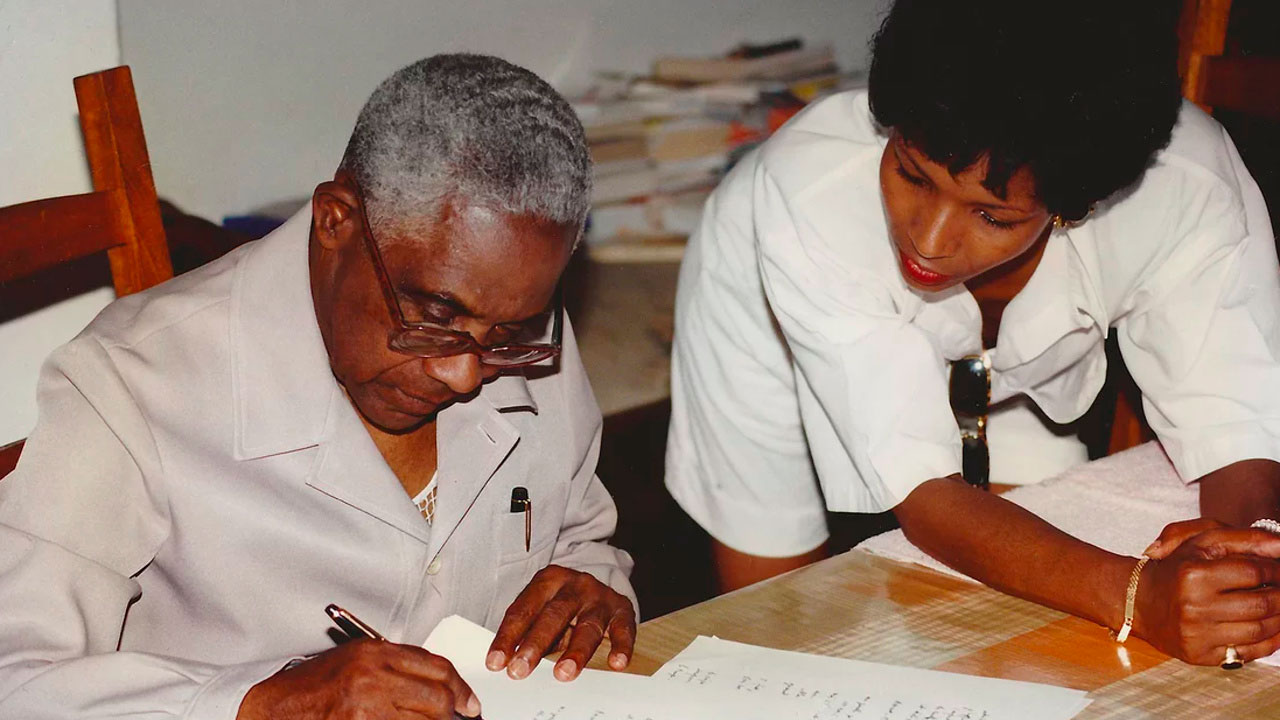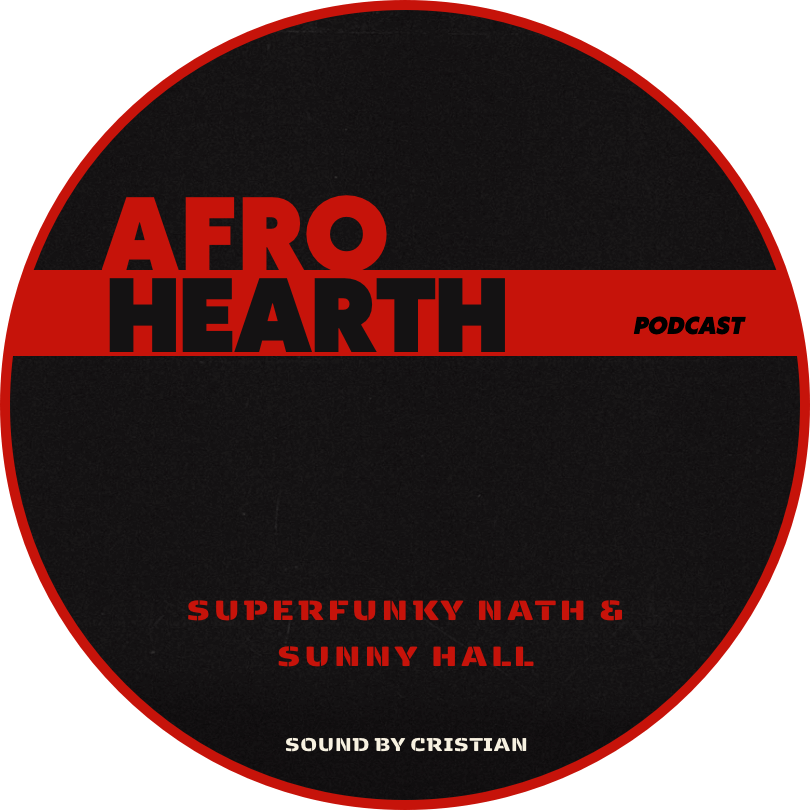
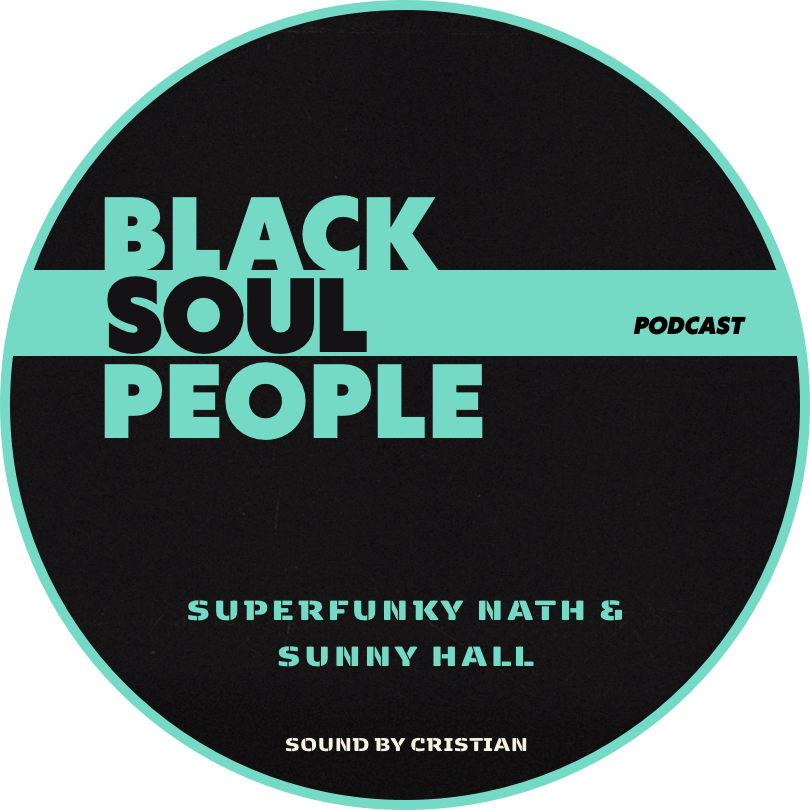
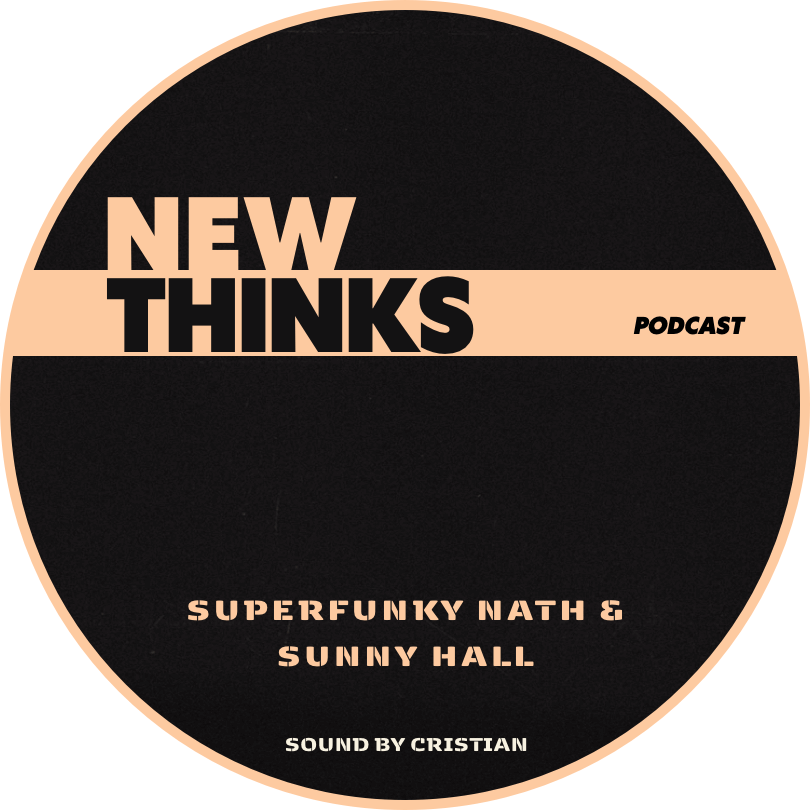
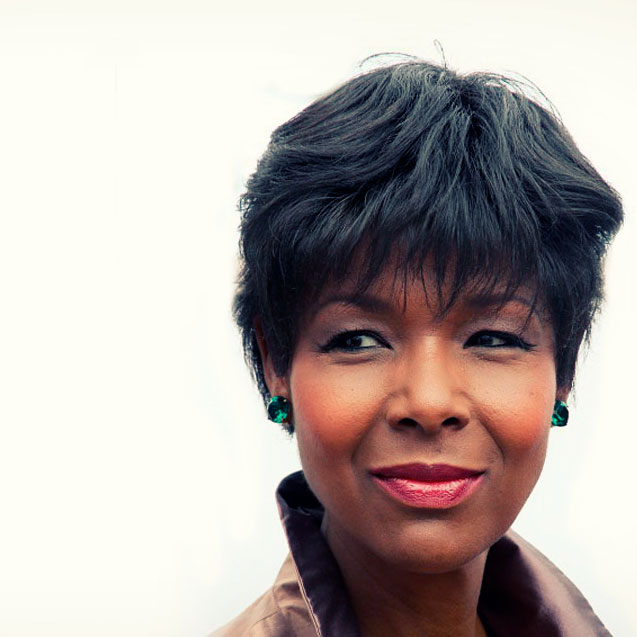
35 years ago, a woman made history in the Cannes festival, winning the first César in its history, awarded to a Black filmmaker with her first feature film “Sugar Cane Alley”, portraying the French Caribbean condition in the 30s, in a post-slavery plantation in Martinique, adapting to the screen Joseph Zobel’s, semi-autobiographical novel “La Rue Cases Nègres”.
A year after, winning the Silver Lion in the Venice festival and the film granted the 76 years old actress Darling Legitimus, the Golden Lion for Best Actress. In total, this mesmerizing acclaimed debut feature won 17 international awards, adding to its track record in 1985, the Black Filmmakers Hall of Fame Award.

As we were told in the last few months, in several newspapers and international press, a New York times article was stating as well that may 2019, would be an iconic moment in the last 72 years of Cannes film festival, because of “The First Black Woman to compete at Cannes Festival”, as a director and since then Mati Diop has won the grand Prix this year, and we are overflowed with international media attention, calling her ”The first Black woman to win a César in Cannes”.
I wouldn’t mind, if it was true as an Afro-Caribbean French woman myself, but sadly enough, this is a typical sign of decline for something which can bearly be called journalism today, no matter how prestigious the source might be.
The funny thing is, the film earned the Caribbean director impressive reviews from the New York Times, in 1984.
I perceive an underlying will to erase the past in favor of today’s latest uprising flavor of the moment.
I would ask, why is it that one destiny must necessarily smother another?
What really puzzles me here, is the incredible amount of international attention given to the matter prior to the competition.
It really looks like a well orchestrated marketing campaign, to clean a certain French agenda in a very chaotic political context, after the #OscarsSoWhite campaign which is still relevant today and last year collective manifest “Noire n’est pas mon métier”.
Euzhan Palcy will always be our first groundbreaking French Black female director. The first Black woman filmmaker to be so honoured in history, a living icon for our Caribbean and Black communities.
She’s one of the most prominent female figure who has changed the history of cinema, and she’s part of a very little circle of women who have revolutionised Hollywood. The British Film Institute ranked her among the top three of the 100 Most Iconic Black Screen Icons of the last 100 years, in both female and director categories.
But, she has not always enjoyed the recognition that she deserves in her home country or on the international scene.
In France, where a palpable absence of French Black actors and filmmakers on and behind the silver screen, is revealing the clear panorama of a segregated sector. Her struggles to practice her craft in the film industry must have been the undeniable context found in any occidental country, for a Black woman navigating in a cutthroat, patriarchal, elitist, art environment; inevitably conforming to being the token one.
She has been on the forefront, with her feature length productions to portray the Black experience in French cinema, to centre her work on social justice, against apartheid risking her own life, reinventing the narrative of Blackness on screens worldwide and in the French context exposing the legacy of colonial agenda.
She has been the first of her category as a Black woman and director in everything she has touched in her early career, being the precursor in every way to a new wave of international Black women directors.
She has been an idealist in pursuit of growth, fighting the system ever since she entered the film industry, making it a lifelong ambition turned into mission..

She has been the first of her category as a Black woman and director in everything she has touched in her early career, being the precursor in every way to a new wave of international Black women directors.
She has been an idealist in pursuit of growth, fighting the system ever since she entered the film industry, making it a lifelong ambition turned into mission…

The daughter of a feminist father, her convictions and talent were supported and praised from her early beginnings, thanks to a proud father of 6, encouraging her curiosity and means to write and explore her potentiality.
Turning 13, she received a gift from her mother, a Joseph Zobel’s novel ”La Rue Cases Nègres”.
“I had a culture shock, because at school we never talked about our culture,” she recalls.
Her father defended her wish to become a filmmaker, stating that Martinique didn’t have any and she could become the first one, in a very progressive attitude not very common at the time.
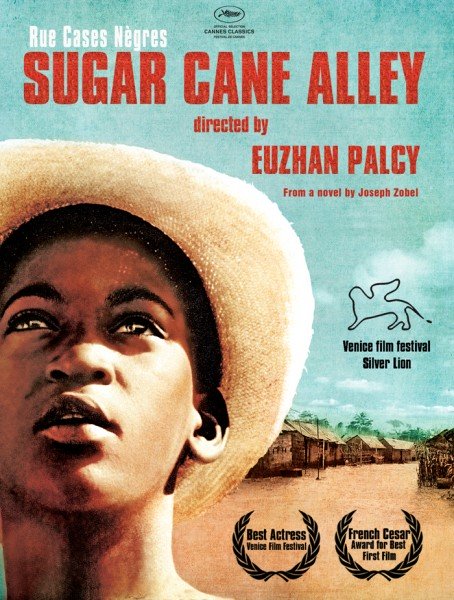
She left Martinique for Paris in 1975 to earn a master’s degree in French Literature, in theatre at the Sorbonne, a D.E.A. in Art and Archeology and a film degree (specializing in cinematography) from the renowned Louis Lumière School of Cinema.
She learned about filmmaking being grounded enough and knowing exactly who she was and where she was coming from.
She couldn’t bear the actual portrayal of Black people on screens, which was a seldom occurrence in those days, the depiction of Black bodies barely characters would have them, being degraded, mocked and dehumanised. Being very vocal and upset about it with her family, her grandmother would tell her that she had 5 minutes to complain about something and a second to take action, so what would she do to change it.
Someone who helped as well, to channel so much frustration and anger into something else, was her spiritual father Aimé Césaire who used to call her his little warrior. He was one of the founder of the Négritude movement with Léopold Sedar Senghor and Leon Damas.
At the core of this intellectual movement the belief was “I am a Negro, therefore I exist.”
Through a childhood friend, she made a connection with Francois Truffaut who read her script and the legendary French New Wave film director, screenwriter, producer, actor, and film critic, became her mentor, with his encouragement it was in Paris that she completed her film debut in 1983 at the tender age of 25.
It was the first movie ever made about French West Indies history.
After seeing Palcy’s impressive debut, Robert Redford hand picked her to attend the 1984 Sundance Director’s Lab, becoming her “American Godfather”.
Maya Angelou became a big figure, a Godmother in her life after her move to work in Hollywood. One of her Godmother’s powerful affirmation was “There is no greater agony than bearing an untold story inside you” to which she added “I’ve learned that people will forget what you said, people will forget what you did, but people will not forget how you made them feel.”
M. Angelou made her understand that she had to keep going, keep fighting and her anger was her fuel, which had to be transformed into a creative pulse, to make her transcend herself through her work.

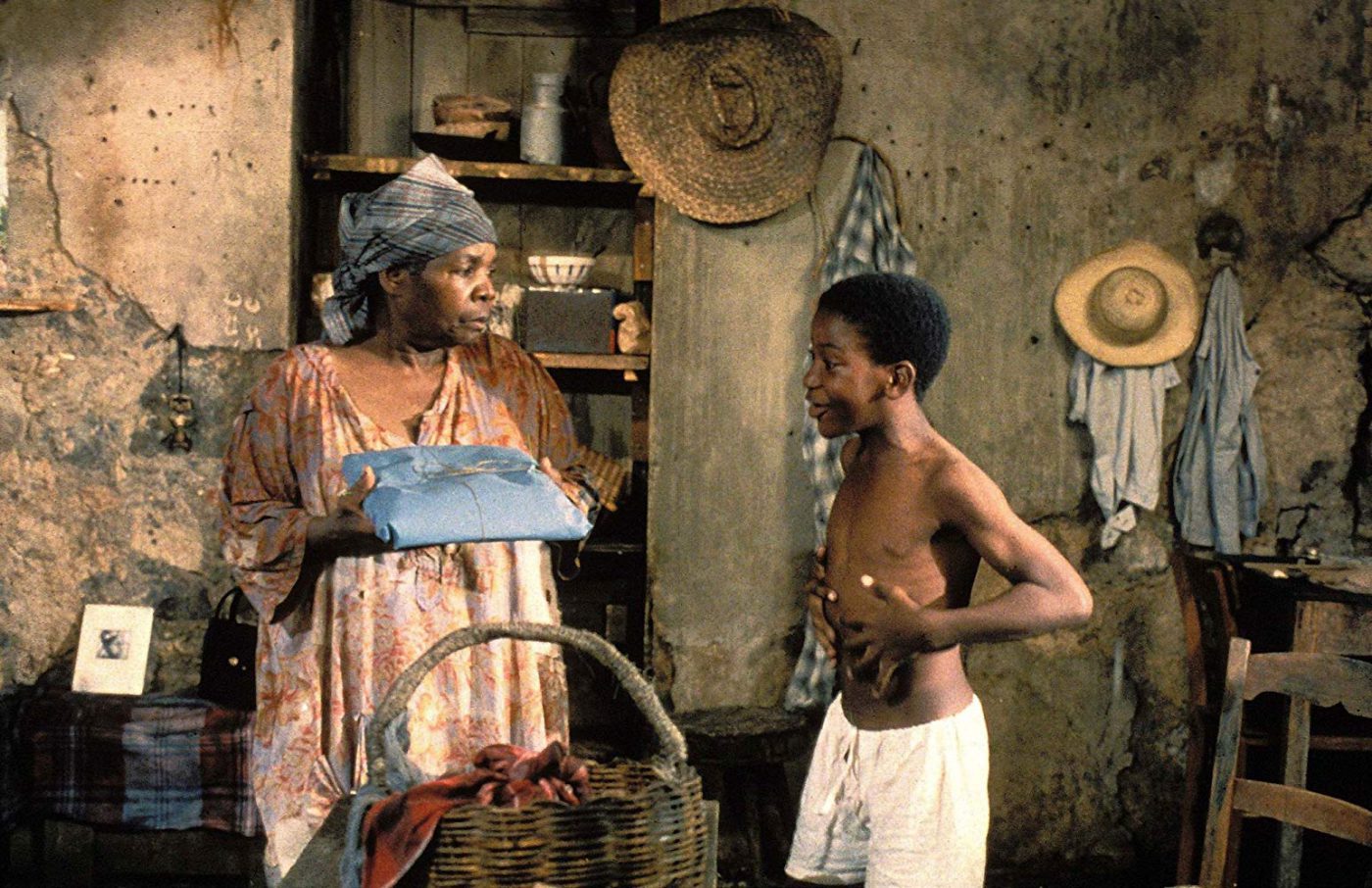
On her next project Euzhan Palcy knew, she wanted to make a film about South Africa, to give a voice to the oppressed from the Black characters point of view.
After meeting a producer at Warner Brothers in 1986, the director worked to transform Andre Brink anti-apartheid novel “A Dry White Season” into a political thriller.
The project was dropped by Warner Bros as it was seen as a déjà-vu, being a second release on the subject, 2 years after “Cry Freedom”, it was then taken on board by MGM.
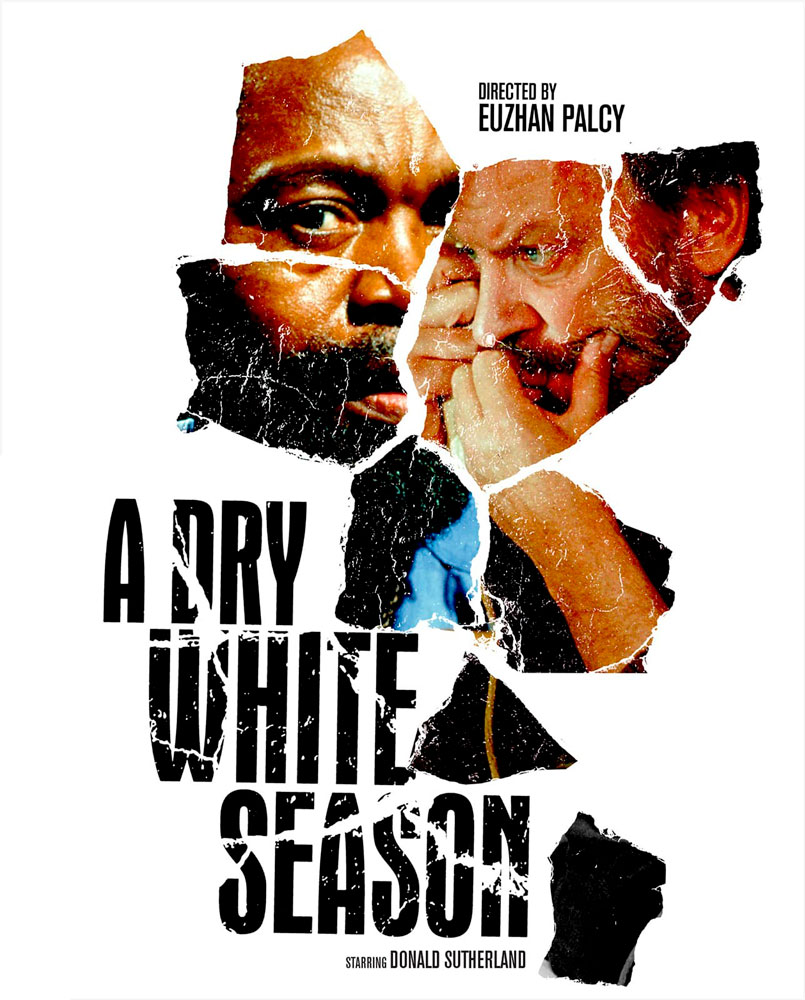
As she explained her motives to choose this topic, the director went to South Africa when the struggle and resistance were very tough, to raise awareness about South African social injustices, to question the political context, the system, and she admitted “she could have died 20 times over”, looking for the truth.
She was so passionate about creating an accurate story, narrating the reality of apartheid, that she risked her life entering undercover in South Africa. She travelled to the African country, defying the special section of the apartheid regime with the help of Dr Nthato Motlana, Nelson Mandela’s personal physician and friend, who smuggled her into Soweto undercover. Dr Motlana introduced her to the people of Soweto township while she lured the South African secret services posing as a recording artist, to research the riots.
She regularly received death-threats from apartheid supporters, enraged by this powerful testimony about resistance against racial segregation.
Euzhan Palcy went back to making unbelievable history yet again, becoming the first filmmaker of her kind, going against all odds to direct a Hollywood movie produced by a major studio, as well as the only woman who succeeded in directing an anti-apartheid motion picture during the apartheid era.
The feature film has an impressive cast with Donald Sutherland, Susan Sarandon, Marlon Brando and South African actor Zakes Mokae.
Marlon Brando was so moved by the project, and her commitment for social change, against injustice and state racism that he came out of a self-imposed retirement, agreeing to do the film, but to work for union scale, a pittance compared to his normal fee.
The story focuses on the social movements of South Africa and the Soweto riots, giving back humanity to the oppressed Black population, putting the politics of apartheid into meaningful human terms.
She convinced the studio to hire an all South African Black cast rather than well-known Afro-American actors.
Much of the film was shot in Harare, Zimbabwe; many of the White police officers in the film were political exiles from South Africa.
She was revolutionising the industry on her own, this time making history in Hollywood.
Later she said about MGM “they gave me everything I asked for..
I will never forget that.”
Euzhan Palcy was awarded for her excellent contribution to the liberation struggle by exposing from within the South African social injustices, helping the revolution against apartheid to be placed on the world map and under international scrutiny. The film was banned from screenings in the country while it has exposed the country oppressive regime on a global scale.
“A Dry White Season” became the last film against apartheid, the last straw as I would put it, before Nelson Mandela’s liberation in 1990.
Marlon Brando’s performance in the movie earned him an Academy Award nomination, a Golden Globes nomination as well as a BAFTA Award nomination for Best Supporting Actor, and he finally received the Best Actor Award at the Tokyo Film Festival in 1989.
E. Palcy received the “Orson Welles Award” in Los Angeles, for her outstanding cinematic achievement.
She was granted an interview with the new elected President Nelson Mandela in May 1995. In 2015, she was awarded with the Sabela International Recognition Award in South Africa.
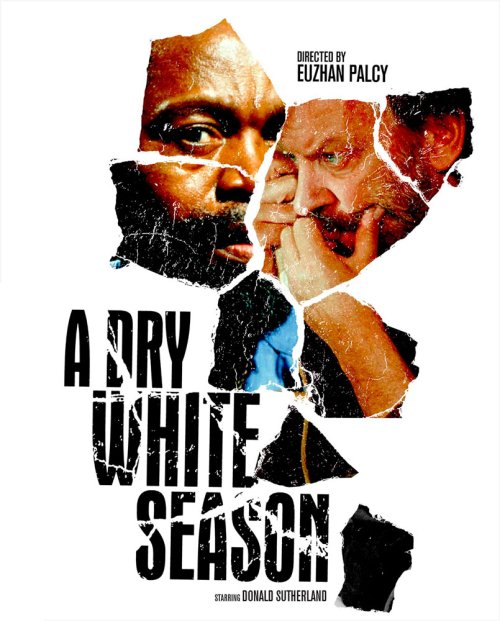
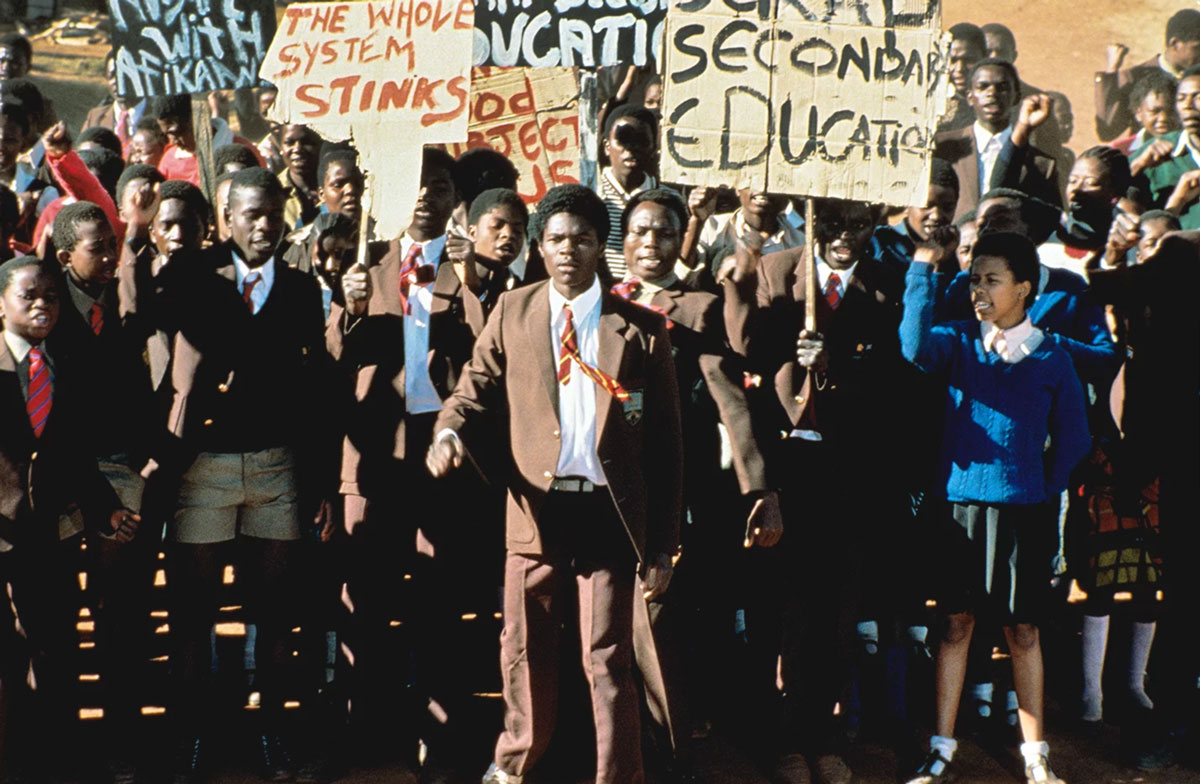
Euzhan Palcy took the storytelling to a more humorous and lively turn, to show her native Martinique with “Siméon” in 1992, a musical fairy tale set between the Caribbean and Paris, with Kassav the Godfathers of Zouk, she premiered with this Caribbean musical genre, innovating technically yet again, making the first French film to have CGI special effects. The movie won the Silver Raven Award at the Brussels International Fantasy Film Festival and the Public award in Philadelphia.
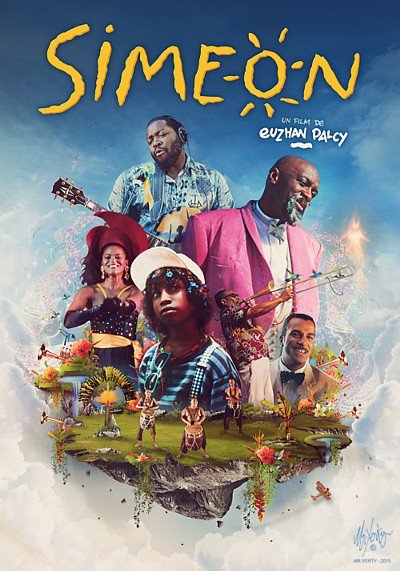
Then, she worked on a three-part documentary called “Aimé Césaire, A Voice For History” in 1994, depicting the philosopher, poet and playwright, making a very hard critic on French colonialism. This feature length project received numerous awards and international critical acclaim.
Some of her later works include a directed and produced real life tale for ABC Studios, “Ruby Bridges” in 1998. A compelling story about a New Orleans girl who was the first to integrate the public school system in segregated America.
She went on to direct ”The Killing Yard” in 2001, a drama based on the true events surrounding the 1971 Attica prison uprising which had an indelible impact on the American prison system and jury process.
The film received the American Bar Association Silver Gavel Award for “Best Film About Justice”
She made another documentary, “West Indian Dissents” in 2006, narrated by Gérard Depardieu, stepping away furthermore from mainstream cinema. She revealed the important role played by 5000 French Antillean fighters barely out of puberty, during the second World War. An almost forgotten Caribbean opposition movement, answering the General de Gaulle’s call against Vichy regime. She depicted a part of French Black history never told or recognised, where colonised subjects were risking their lives for a freedom that was not there’s to enjoy.
“The Brides of Bourbon Island” in 2007 is an historical seventeenth century epic adventure where three women survive the boat journey from France to Reunion, another of France’s overseas territories, to be forced to marry, in the colonialist context where love is forbidden between the coloniser and the colonised.
She produced Molly a short film in 2011, following a young disabled Senegalese filmmaker, Molly Kane, presented in Cannes Film Festival. It was another way to show her support for the younger generation and her humanitarian engagement.
Today Euzhan Palcy still has this burning desire to do more, because she admits she couldn’t do it all, being so relentless about doing it her own way, going against the grain in Hollywood, even going as far as turning down a Spielberg movie proposition.
She had to exile herself and her talent, in order to liberate herself from the constraint of French institutionalised racism, but for a very long time the studios wouldn’t go with her vision where the story line and the characters were Black.
She was told that characterising Blackness the way she understood it and wanted, was not bankable in Hollywood.
She believes she must have paid a high price, to pave the way for the new generation to come, people like Ava DuVernay or Shonda Rhimes have her as an inspiration today.

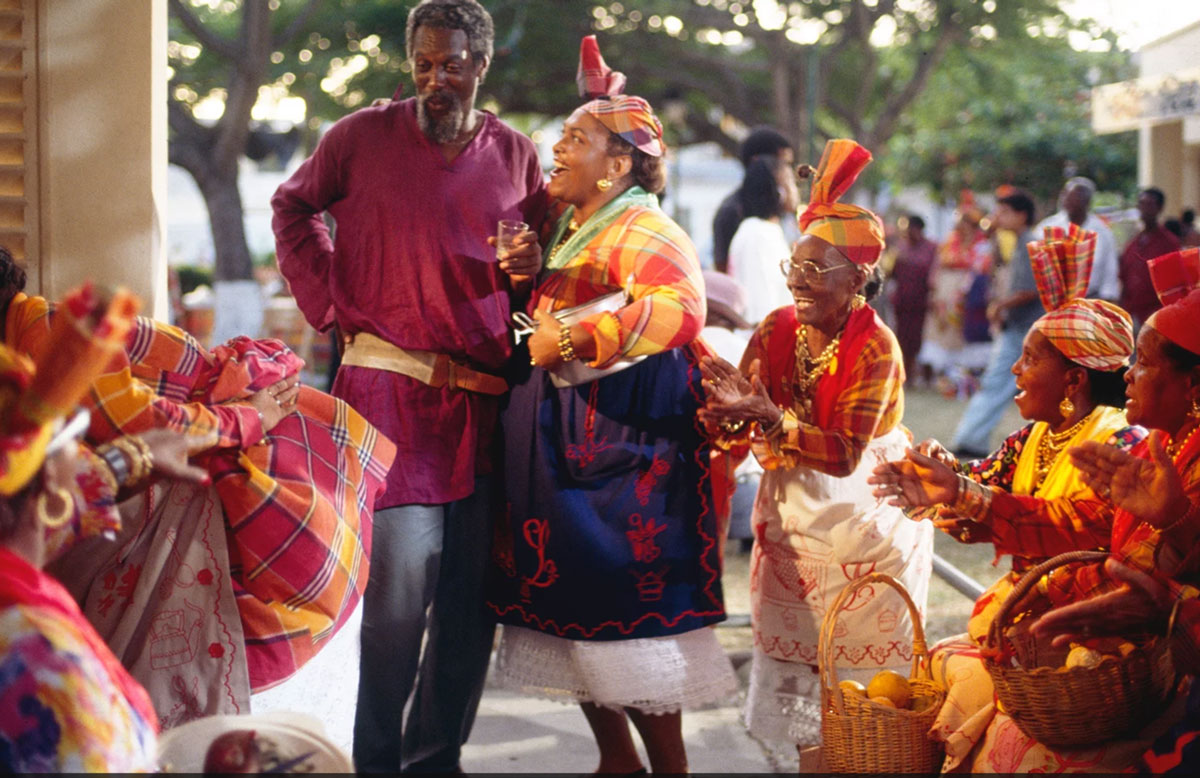

She’s definitely open to the world, to new and different ideas but not letting anybody or anything changes her essence in the slightest.
Cinema as she sees it, can be a very powerful tool to destroy or to the contrary ennoble, what interests her the most is, its given capacity to enable emancipation, evolution, artistic growth through exploration and discovery.

Her persistence to refuse the White stories narrative, turning down so many offered projects, has been a constant in her career, as she didn’t want to take part in an industry which denies the Black existence.
She’s quite certain about what makes her unique, her resilience and honesty because she would never compromise her integrity and body of work.
She’s definitely open to the world, to new and different ideas but not letting anybody or anything changes her essence in the slightest.
Cinema as she sees it, can be a very powerful tool to destroy or to the contrary ennoble, what interests her the most is, its given capacity to enable emancipation, evolution, artistic growth through exploration and discovery.
Today, storytelling through images has changed, thanks to new technology and mobile phones. There is no more need to go and find funding, with imagination and skills, and diffusion through social media, the following is huge and immediate. This is the way, the industry today find the new talents, funding their future projects.
However, the downside of this new phenomenon, becoming from one day to the next, an artist or calling yourself a filmmaker overnight, is the erasure of the previous generation, the value of their work and the ongoing fight they laid.
The industry has fallen into the trap of ageism as well, erasing yesterday pioneers, it has fallen into a certain ignorance and lack of respect for those who made it possible, the ones who had to bleed for the miracle to happen.
She encourages today’s youth, to capture their parents, grandparents and the older generation, through their lenses. To learn from them and their experiences, about their culture and identity, about their history.
She has this advice to offer to a younger generation, which is to represent their own people, to create their own collective imaginary, their own culture and stories, not to fall into other people’s agendas, selling out for the commercial route, signing out what’s theirs.
She wants this generation to be aware of cultural appropriation which is the danger of the single story, told by people who are foreign to the identity and culture portrayed, consumed or assimilated; twisting reality and perceptions into a surrealist offering, far from the richness of authenticity.
To conclude, what started as a critical note from someone who’s not a journalist, I’m quite happy about this incredible journey through this acclaimed body of work, a felt tribute to a living legend from my little window.
I will say without the shadow of a doubt that our collective memory and past history, can’t be that easily lost and forgotten, losing so much greatness, talent, and resilience.
You may think that I might be a bit stubborn but may I insist as well, as a finishing note, on the fact that Euzhan Palcy was given a tribute by Cannes Film Festival in 2011 and ”Simeón”filmed in 1992 was in Cannes Classics official selection in 2013.
